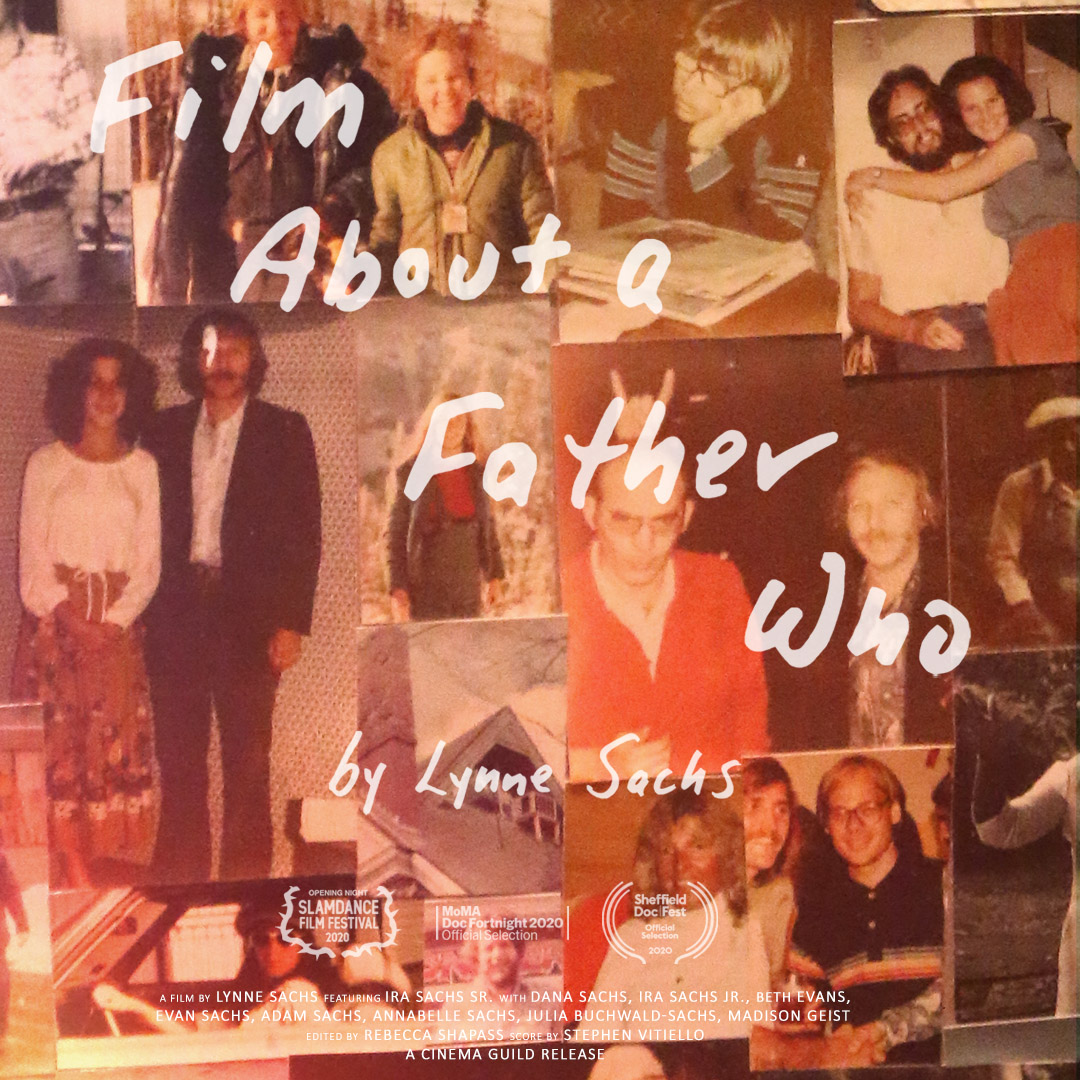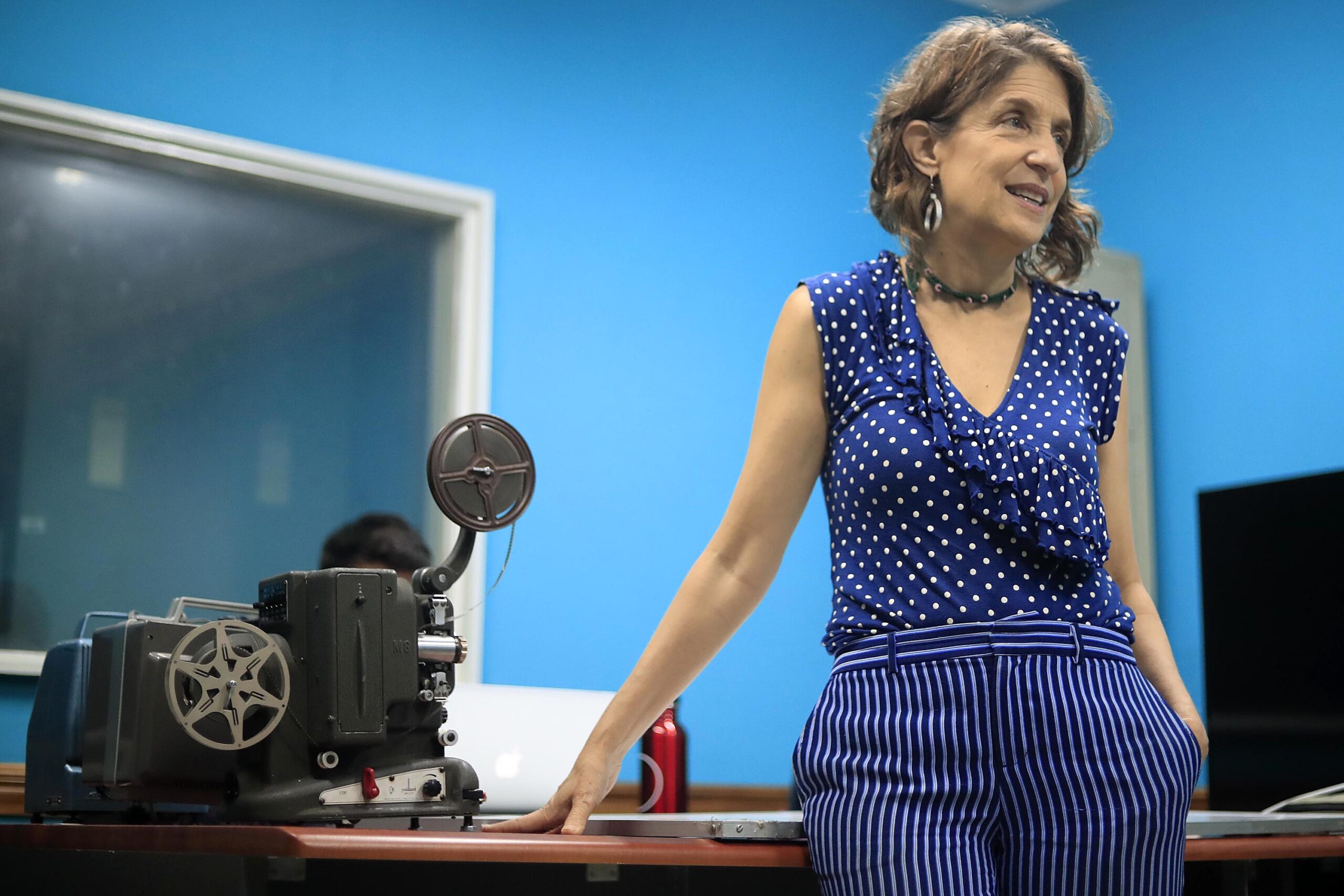Join us for our second in-person screening of the season. Guest programmed by Clare Samuel, this screening features works Lynne Sachs, Elisa Gonzalez, Keisha Rae Witherspoon, Tanya Lukin Linklater, and Hao Zhou. Curated into a screening called “Blood Ties,” each film reflects different understandings and re-imaginings of what it means to be interconnected with each other and the world around us. Featuring a post-screening Q&A with Toronto-based filmmaker Elisa Gonzalez and Brooklyn-based filmmaker Lynne Sachs. Co-presented by Pleasure Dome, the Canadian Filmmakers Distribution Centre, and Kino Rebelde.
Part of Spring 2023
When: Tuesday, May 23 from 6pm-9pm ET
Doors: 5:45pm
Film start time: 6:00pm
Where: Small World Music Centre, Artscape Youngplace, 110 Shaw Street, Unit 101
This is a co-presentation between Pleasure Dome, Kino Rebelde (Lisbon, Portugal), and the CFMDC (Canadian Filmmakers Distribution Centre).
The screening will be followed by a live, in-person conversation by Brooklyn-based filmmaker Lynne Sachs.
Screening programme:
Lynne Sachs, Maya at 24, 04:27
Elisa Gonzalez, Freya, 22:13
Tanya Lukin Linklater, We Wear One Another, 25:13
Intermission
Keisha Rae Witherspoon, T, 13:50
Hao Zhou, Frozen Out, 5:00
Lynne Sachs, Film About a Father Who, 1:14:00
Following the screening, we will have a Q&A with the artist Lynne Sachs. The screening is free and open to the public. Everyone is invited to attend. The space is fully wheel-chair accessible.
Lynne Sachs (1961) is an American filmmaker and poet living in Brooklyn, New York. Her moving image work ranges from documentaries, to essay films, to experimental shorts, to hybrid live performances. Working from a feminist perspective, Lynne weaves together social criticism with personal subjectivity. Her films embrace a radical use of archives, performance and intricate sound work. Between 2013 and 2020, she collaborated with renowned musician and sound artist Stephen Vitiello on five films. Strongly committed to a dialogue between cinematic theory and practice, she searches for a rigorous play between image and sound, pushing the visual and aural textures in each new project.

Lynne Sachs at Costa Rica Film Festival, 2022


Statement from the curator:
Blood Ties can be used to denote relationships of birth rather than marriage, but also those of ‘family’ in general, an ill-defined word in itself. But the term evokes a certain violence or messiness and suggests to me the connections we have to all that can ‘bleed’. This screening explores different facets of our interconnectedness, the ways we overlap, echo, and collide with others. Relationships are explored between immediate family, ancestors and the land, the human and animal, and the living and dead. All the works also bear a relationship to the documentary form, whether using it directly, emulating its style, or resulting from the recording of live performance.
The program is built around two works by renowned experimental filmmaker Lynne Sachs, who will join us for a Q&A after the screening. In Maya at 24 Sachs films her daughter Maya in 16mm, at ages 6, 16 and 24 running in a circle around her. Mother and daughter hold each other in this clockwise pattern that speaks to the movement through both linear and circular time in generational familial relationships. Elisa Gonzalez’s Freya connects elements in the animal world and the practice of falconry to experiences of mothering, pregnancy and loss. Poetic and dreamy scenes contemplate connections between nature and humanity, power and reciprocity, joy and fragility.
We wear one another by Tanya Lukin Linklater documents her site-specific performance for dance and violin, developed in response to an Inuvialuit rain gut parka collected by the Hudson’s Bay Company and displayed in a Canadian museum. This act of ‘translating’ a garment made by the artist’s ancestors and from animals in their environment, is part of the artist’s overall practice of ‘singing, sounding and dancing’ cultural belongings. Lukin Linklater argues that Indigenous knowledges are held in the body and activated physically “in relation to these belongings, to our families, to the land, to the universe.”*
T, Keisha Rae Witherspoon’s pseudo-documentary, explores the ‘T Ball’, an imagined gathering by a Black community in Miami where mourners create and display t-shirts and elaborate costumes celebrating their deceased loved ones. The film illustrates how grief is an inextricable part of love, and how we remain connected to our dead loved ones. In the white-supremacist world we live in, these expressions of Black pain also underline how certain groups of people are disproportionally severed from their loved ones. Hao Zhao’s Frozen Out is a heartbroken letter to his young sister still living in rural China with the family that disowned him because of his queer identity. The artist walks through frozen prairies and forests of different lands, reflecting on the vulnerability inherent in ideas of home and belonging.
Lynne Sachs’ feature length Film About a Father Who explores her relationship with her father and between her siblings, many of whom discover each other’s existence much later in life. Shot over 35 years in multiple formats, the film weaves together a portrait of her enigmatic and evasive father Ira Sachs Sr. As the facts of his life are uncovered, the piece engages with cultural beliefs about masculinity and fatherhood, and reveals just how tangled the ties that bind can be.
*For further context on the artist’s description here, please see this article.



